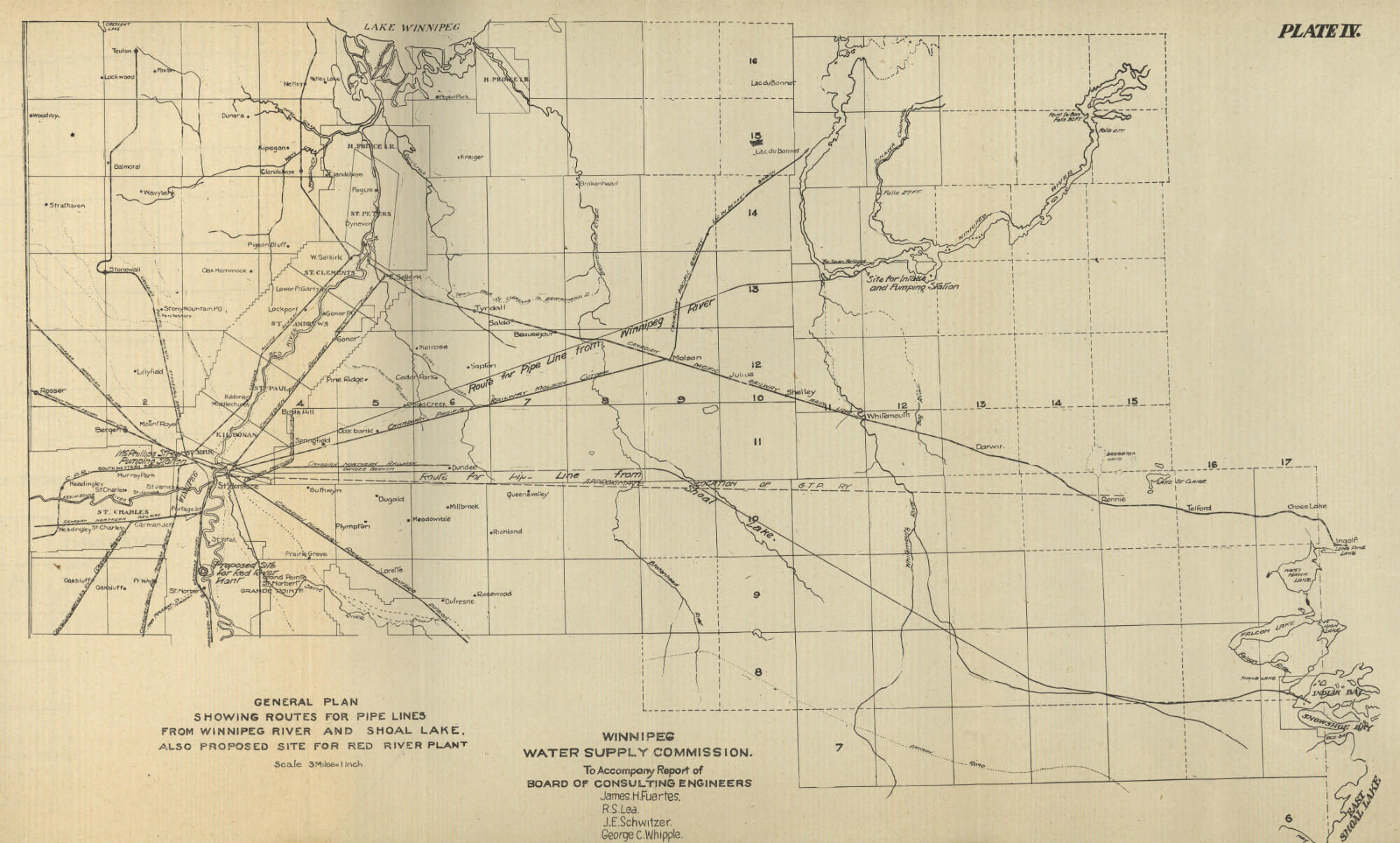The Ojibwe (also Ojibwa or Ojibway) or Chippewa (also Chippeway) are among the largest groups of Native Americans–First Nations north of Mexico. They are divided between Canada and the United States. In Canada, they are the third-largest population among First Nations, surpassed only by Cree and Inuit. In the United States, they had the fourth-largest population among Native American tribes, surpassed only by Navajo, Cherokee and the Lakota. Because many Ojibwe were historically formerly located mainly around the outlet of Lake Superior, which the French colonists called Sault Ste. Marie, they referred to the Ojibwe as Saulteurs. Ojibwe who subsequently moved to the prairie provinces of Canada have retained the name Saulteaux. Ojibwe who were originally located about the Mississagi River and made their way to southern Ontario are known as the Mississaugas.
The Ojibwe peoples are a major component group of the Anishinaabe-speaking peoples, a branch of the Algonquian language family which includes the Algonquin, Nipissing, Oji-Cree, Odawa and the Potawatomi. The Ojibwe peoples number over 56,440 in the U.S., living in an area stretching across the northern tier from Michigan west to Montana.[citation needed] Another 77,940 of main-line Ojibwe; 76,760 Saulteaux and 8,770 Mississaugas, in 125 bands, live in Canada, stretching from western Quebec to eastern British Columbia.[citation needed] They are historically known for their crafting of birch bark canoes, sacred birch bark scrolls, use of cowrie shells for trading, cultivation of wild rice, and use of copper arrow points.
Adapted from Wikipedia’s article on the Ojibwe Peoples


